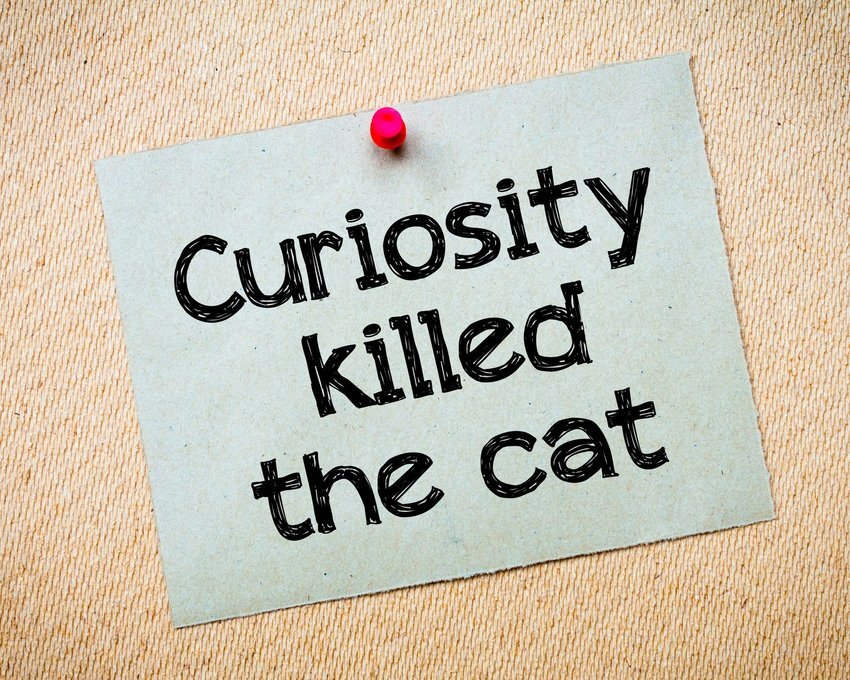One of the many quirks of the English language (and most languages) is our knack for twisting words into proverbs, phrases, and idioms. But often, the literal meaning of those word combinations makes no sense at all.
Even more often, native speakers are so used to hearing and using these sayings that they don’t even think about the meaning. They just instantly understand the phrasing due to familiarity and context.
There are hundreds, if not thousands, of idioms out there. Here, we’ll survey a few of the most well-known — see if you know what they really mean.
Sick as a Dog
In 17th-century Britain, people often associated dogs with vomiting a lot; that's where this saying comes from. If you’re sick, especially with your head in a toilet, you’re sick as a dog.
Every Dog Has His Day
Even the mangiest among us will have a good, triumphant day at some point. This saying could be offensive, or could be used to inspire hope.
Close, but No Cigar
At fairs and carnivals of yore, cigars were often given as prizes for some of their games. As we all know, fair games are often quite unfair. Rigged near-misses are common, so many players' results would have been close, but no cigar.
All That Glitters Is Not Gold
Similar to “the grass is always greener on the other side,” the idea here is that things may appear nice from a distance, but the reality is often not what you thought it would be. While the notion has been around for a long time, its original form comes to us from the Bard himself. Shakespeare's The Merchant of Venice, 1596, has the line as "all that glisters is not gold."
When in Rome, Do as the Romans Do
Often shortened to simply “when in Rome,” this phrase has expanded far beyond referencing the Italian city. It is now used to justify any behavior that could be attributed as specifically popular in the local setting, such as dining late in Spain or cheek kisses in France.
All’s Fair in Love and War
There are few experiences more extreme than being in love or involved in a war. Anything is fair under these circumstances. Using the phrase suggests that rule applies to all intense situations; any behavior is justifiable.
Among the Blind, the One-Eyed Man Is King
To borrow another cliché, it's all relative. Even a person with few skills is better than a person with no skills.
Beauty Is in the Eye of the Beholder
The beauty of a person, place, view, or anything else is an abstract, subjective concept. The value is determined by the person who is experiencing it. Beauty is down to interpretation, and something uninspiring to one person could be breathtaking to another.
Beggars Can’t Be Choosers
Those reliant on the generosity of others must accept what they are given, and cannot influence what they receive. It's another way of telling someone they can't be too picky.
Curiosity Killed The cat
Investigating other peoples’ business, or things that you have no involvement in, can have bad results. Be careful what you stick your nose into.
Don’t Count Your Chickens Before They Hatch
Nothing in life is guaranteed, so don’t count on potential good things until that potential has been realized.
Don’t Put All Your Eggs in One Basket
If you put all your hopes into one thing, and that thing doesn’t work out, you’ll be in trouble. Sometimes, baskets break or fall, and that’s bad news for the eggs inside them.
It Takes Two to Tango
If a situation involves more than one person, then the responsibility of the outcome lies with both parties.
Don’t Judge a Book by Its Cover
The external appearance of a book gives almost no information compared to the thousands of words contained inside it. This idea applies to more than just books. A person’s looks have very little, if anything, to tell you about who they are within.

